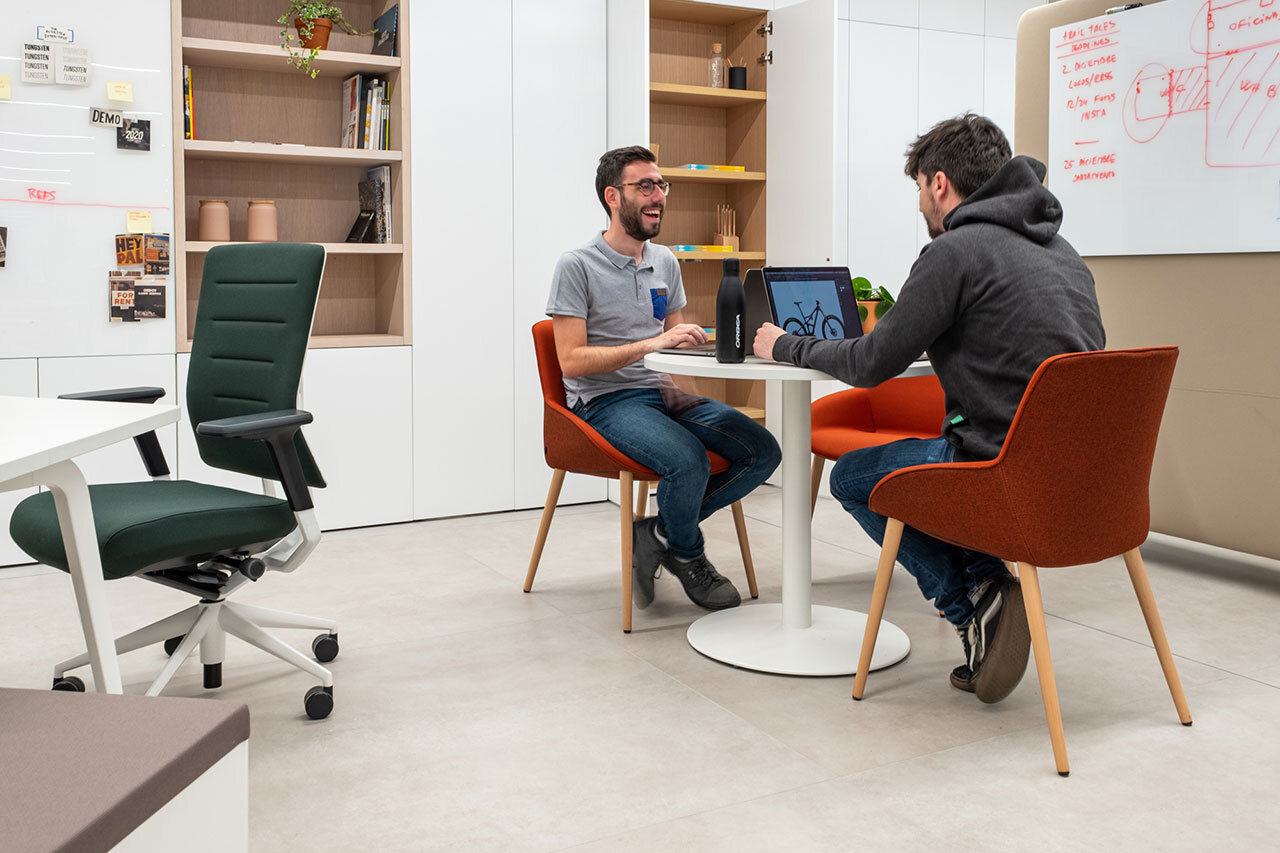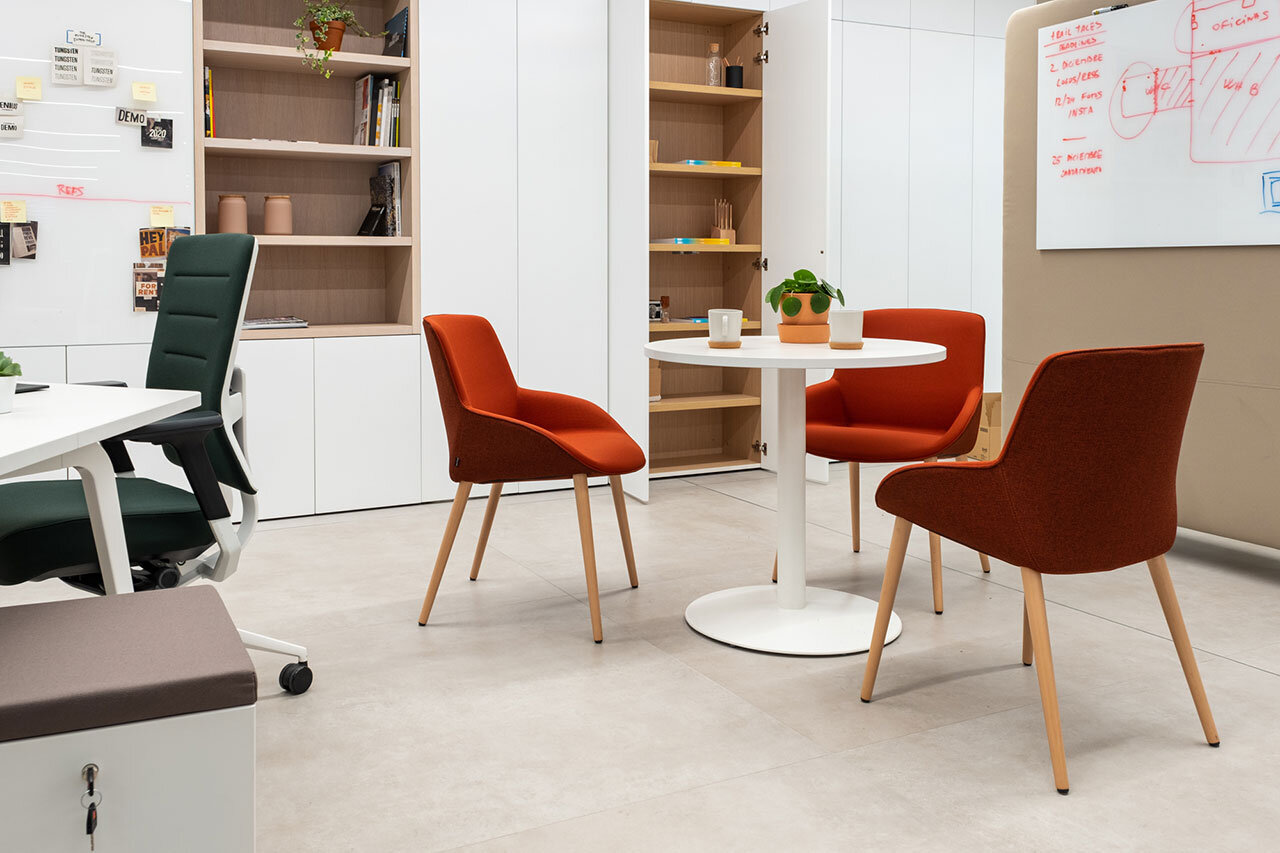How your physical space impacts your workplace culture.
Workplace culture is being considered now more than ever as employers revisit how their business operates and the importance of employee well-being.
What is workplace culture?
Workplace culture can be defined as the personality of your business. Values, goals, attitudes and behaviours all influence how work culture is established and perceived by others. It’s important that every business strives to create its own unique culture to best reflect its brand and identity.
How do you create a positive and meaningful culture within your organisation?
A strong, positive culture generally involves keeping the well-being of employees at the forefront of strategic decisions. Enabling flexibility in the space and integrating comfortable designs will be well-reciprocated by staff as well as clients. Involving employees and incorporating their perspectives also ensures spaces are meeting expectations and reinforces a culture of inclusivity.
Creating spaces that support what they are intended for will engage employees and facilitate the desired culture. For example, if the aim is to create a work environment that is collaborative - having open, social spaces will enable creativity to naturally occur. Alternatively, if your business is more task-focused, allocating quiet secluded areas will reduce disruption and support a culture of productivity.
Team collaboration, sharing ideas and open discussions will also allow for productive problem solving and more innovative solutions. Enabling these agile environments, where feedback and communication can be easily facilitated, is important in addressing workplace issues and establishes a culture that is progressive.
Why should you create a purposeful culture?
Having a solid workplace culture is important to your business in many ways:
Better Staff Retention: research shows, companies are more likely to retain and attract employees who feel engaged in their projects and enjoy coming to work each day.
Hyper-productivity: defining what type of culture your business needs and utilising spaces to support these goals will increase efficiency and employee performance.
Health & Well-being: happy employees should be the goal of every business. Creating purposeful spaces will have a positive effect on employees' mental, physical and social wellbeing.
Brand advocacy: a business with a positive culture will build a fantastic brand image. Clients gravitate towards companies that care about their people and culture - resulting in new business opportunities and partnerships.
Organisational Growth: When culture is being breathed & lived, it reinforces behaviours that are congruent with your values. Positive workplace culture has a flow-on effect on new employees, influencing your business operations and the overall success of your company.






